Reflections on Davos: Why future-proofing your organization is the most important thing you can do and why I started EdCast
Upon reflecting on the topics discussed last month at the World Economic Forum in Davos, it is clear that the Fourth Industrial Revolution was perhaps the most significant. The first revolution started with the use of water and steam to power machinery. The second replaced water and steam-powered machines with electrical power. The third is the digital revolution. The current fourth revolution is the combination of hardware, robotics, and massive computing power that will make technology an essential part of almost every aspect of people’s lives.
There is a lot to be optimistic about the opportunities that will come from these fast-paced innovations. However, as a board member of Governor Brown’s California Workforce Investment Board, I worry about the massive shift in employable skills that will be needed. It will be a challenge both for employers looking to hire a skilled workforce and for employees looking to continuously upgrade their skills.
During previous industrial revolutions, it took decades for people and organizations to develop major new skillsets on a large scale. With the rapid pace and scale of disruption of the Fourth Industrial Revolution, this will not be an option. The WEF report says, “Without targeted action today to manage the near-term transition and build a workforce with future-proof skills, governments will have to cope with ever-growing unemployment and inequality, and businesses with a shrinking consumer base. Moreover, these efforts are necessary not just to mitigate the risks of the profound shifts underway but also to capitalize on the opportunities presented by the Fourth Industrial Revolution. The talent to manage, shape and lead the changes underway will be in short supply unless we take action today to develop it.”
Informal learning and knowledge sharing is the answer. Organizations that will succeed are the ones that create a culture where knowledge is actively shared between employees, partners and customers. This mostly comes from informal learning, through online and offline social interactions and curated insights personalized to each individual’s interest-graph. Strategic informal learning is essential to ensure all workers have the most up-to-date skills and knowledge. Informal learning also fits with the learning style of Millennials, which are now the largest group in the American workforce.
Many companies have begun creating a company culture of knowledge-sharing via informal and social learning. Nearly half of all organizations encourage informal learning, among which many have shown interest in implementing a peer-to-peer (P2P) knowledge network for their employees. But we’re just starting out – and there’s still a lot to be done to create more effective knowledge-sharing-based collaboration.
I am convinced that any corporate culture must value informal learning and reward informal learning achievements. Knowledge-sharing is vital to the success of any company. Fortune 500 companies squander nearly $32 billion per year by not sharing knowledge adequately. In a business environment filled with rapid technology change and hyper-competition, such a number is unacceptable.
So what’s the solution? Formal learning such as online classes, certification courses and e-learning based on LMS has long been a part of talent development. LMS require people to be ‘pushed’ to take courses, which are long-format and often boring. They try to create the digital replica of classroom training where one person in the room instructs others. Millennials in the workplace are digital natives and wired to learn in a peer-to-peer, informal and social learning style. They have shorter attention spans, need a compressed learning curve and rely more on knowing who/where to go for expertise. They enjoy collaboration, discussion and networking with experts in their topics of interest. It’s noteworthy that three in five young executives plan to rely more heavily on video as a learning and communication mode. The current workforce absorbs knowledge in many ways, from reading articles online and watching videos to water-cooler discussions with co-workers and scanning social media posts.
In my previous role as a venture capitalist, I acutely felt the lack of a social platform for informal knowledge sharing across teams, influencers and subject matter experts, while working with multiple small and large teams across my portfolio companies. This led me to start EdCast, a knowledge-sharing platform that was incubated at Stanford University’s StartX Labs.
At EdCast, we have a clear vision of how to future-proof individuals and organizations to stay ahead in the knowledge economy shaped by the fourth industrial revolution. We are building a massive knowledge-sharing platform that connects employees with influencers inside and outside the organization to engage in social-learning that is frictionless and effortless. A personalized feed filled with bite-size insights makes learning a daily habit rather than a once-a-year affair. Livestreamed 5-10-minute insights by influencers and thought-leaders are easy to watch, discuss, and engage with.
For our companies and societies to thrive in this fourth industrial revolution, we need to make lifelong informal learning the dominant culture of this decade.


